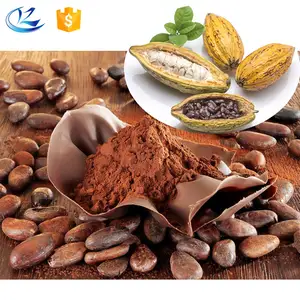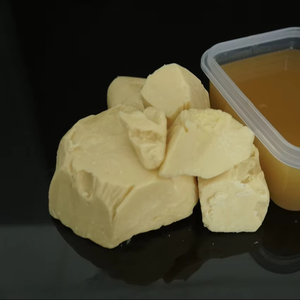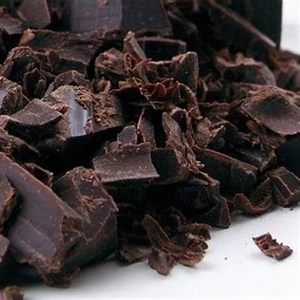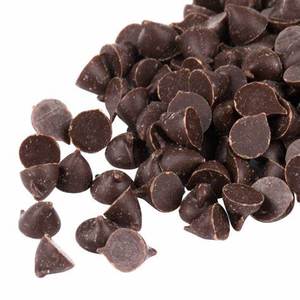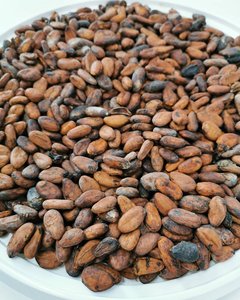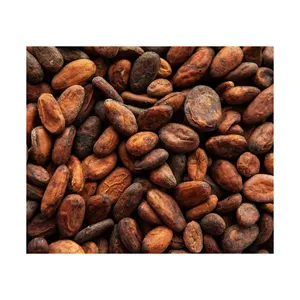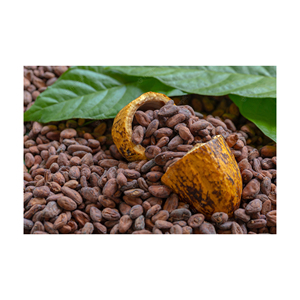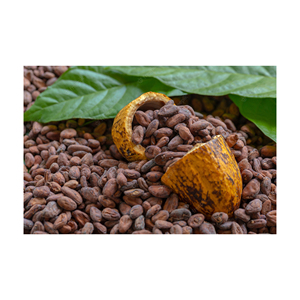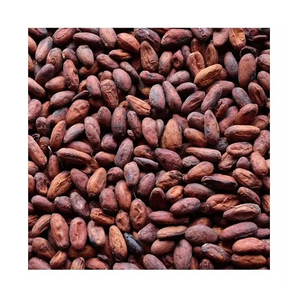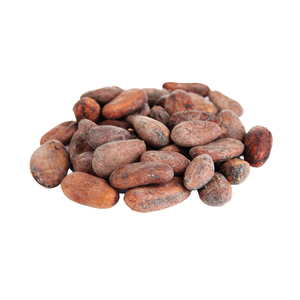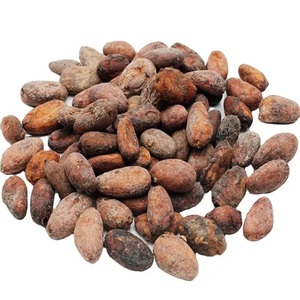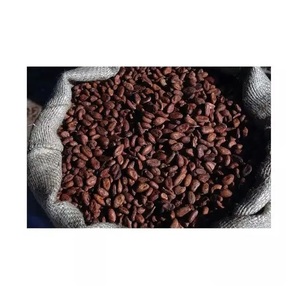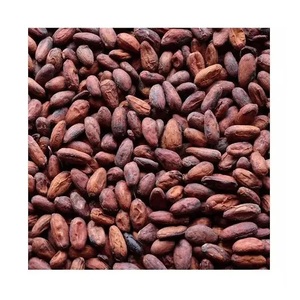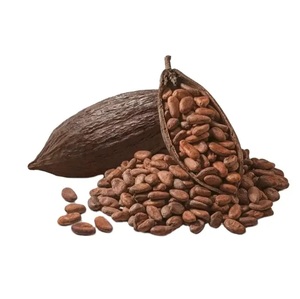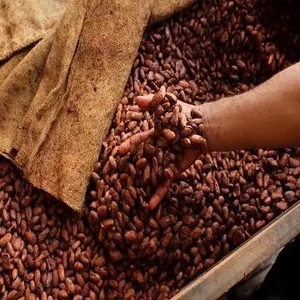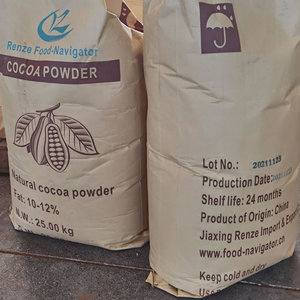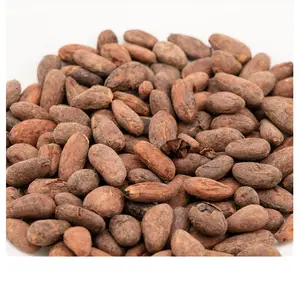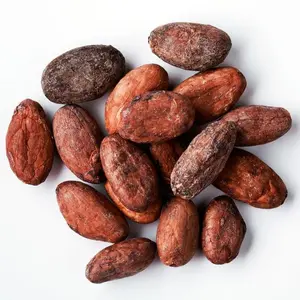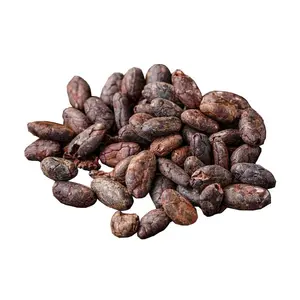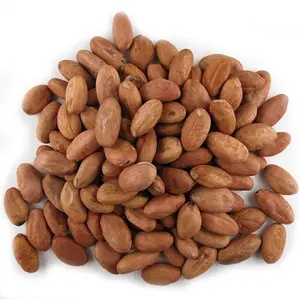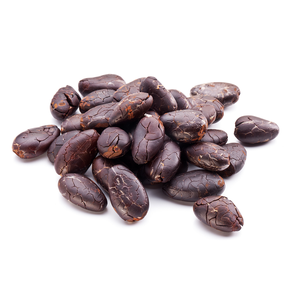Cocoa Beans Importers







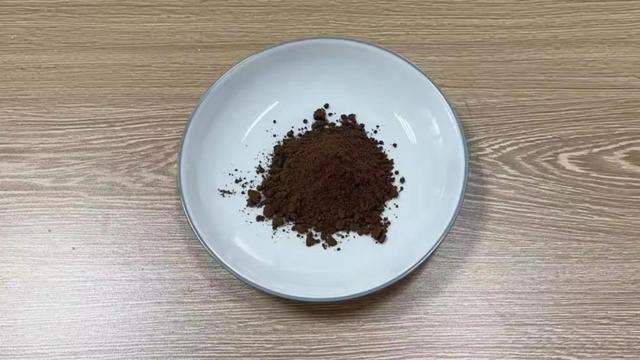

 1/7
1/7



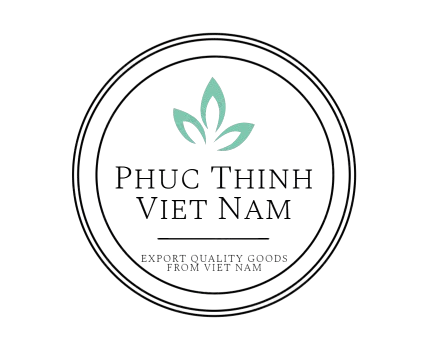
 1/1
1/1




 0
0




 1/1
1/1




 0
0



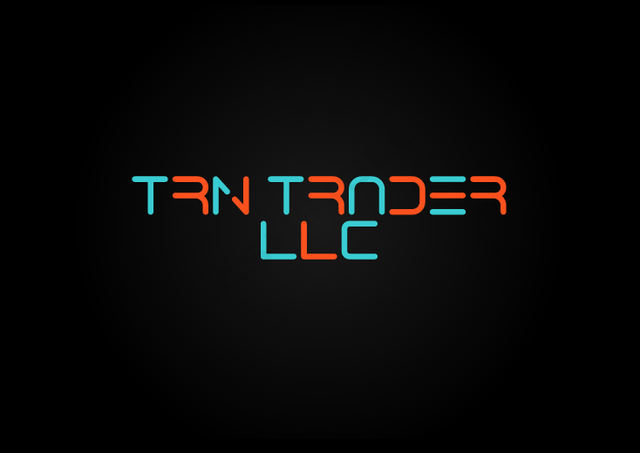
 1/1
1/1




 0
0




 0
0



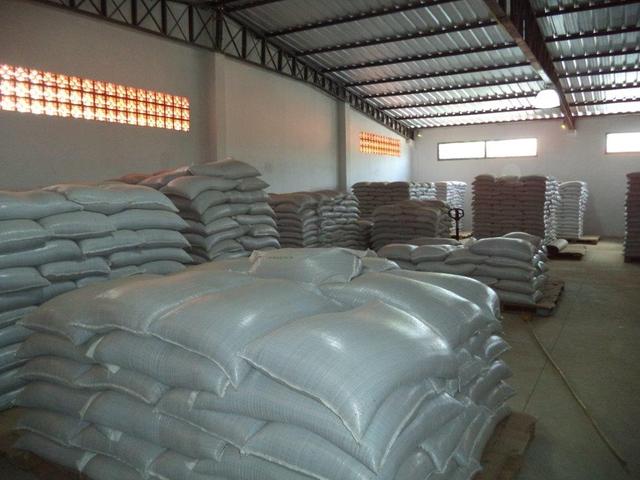

 1/3
1/3




 1/1
1/1





 1/2
1/2





 1/3
1/3




 1/1
1/1




 0
0






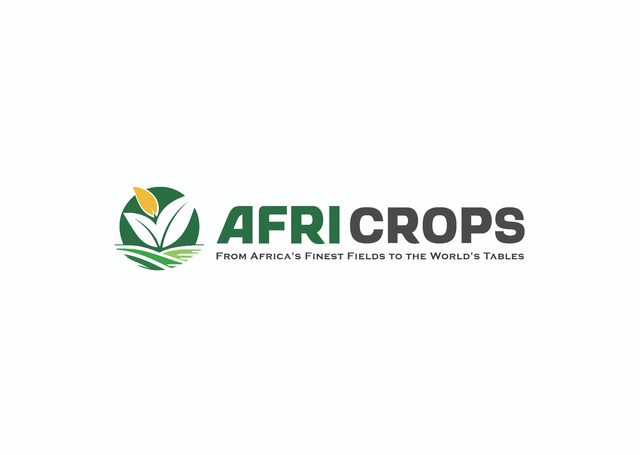

 1/3
1/3




 1/1
1/1




 0
0




 0
0




 0
0
About cocoa beans importers
Where to Source Cocoa Beans Importers?
The global cocoa beans trade is increasingly facilitated by specialized import-export firms positioned in key logistics and agricultural hubs, with a notable concentration of suppliers operating from West Africa, Southeast Asia, and Europe. These regions serve as critical nodes in the cocoa supply chain, linking origin producers in Ghana, Côte d'Ivoire, and Vietnam with international processors and manufacturers. Suppliers based in these zones leverage regional sourcing networks, access to raw material, and established export infrastructure to offer competitive pricing and scalable volumes.
Importers often operate as intermediaries between farms and industrial buyers, providing services such as fermentation, drying, quality sorting, and compliance packaging. Many maintain direct relationships with cooperatives or plantations, reducing intermediary layers and enabling traceability. The presence of bulk handling capabilities—evident in minimum order quantities (MOQs) ranging from 5 to 4,000 tons—reflects integration into commercial-scale distribution channels. Buyers benefit from streamlined procurement models, particularly when engaging suppliers with documented transaction histories and responsiveness metrics.
How to Evaluate Cocoa Beans Importers?
Procurement decisions should be guided by structured evaluation criteria focused on operational reliability, product consistency, and transactional transparency.
Supply Chain Verification
Confirm the supplier’s geographic sourcing footprint and engagement model with producers. Origin-specific offerings—such as Ghanaian or Vietnamese cocoa beans—indicate targeted supply chains. Prioritize partners who disclose crop cycles, post-harvest processing methods (e.g., sun-drying, fermentation protocols), and storage conditions to ensure quality preservation.
Production and Export Capacity
Assess volume handling capability through MOQ benchmarks and shipment history. Key indicators include:
- Minimum order thresholds exceeding 24 tons, signaling industrial-scale operations
- Consistent listing of multiple cocoa forms (raw, roasted, alkalized, organic)
- Export experience validated through revenue data or shipping documentation
Suppliers with diversified product portfolios—such as those also trading coffee, sugar, or oils—may indicate broader agri-commodity expertise and logistical resilience.
Quality Assurance and Responsiveness
Favor suppliers demonstrating rapid response times (≤3 hours) and high on-time delivery performance where available. While formal certifications like ISO or HACCP are not explicitly stated in current listings, consistent reorder rates (e.g., 25%) suggest customer retention driven by reliability. Request batch-specific moisture content, mold count, and fat percentage reports to verify conformance to industry standards.
What Are the Leading Cocoa Beans Importers?
| Company Name | Origin Region | Product Forms | MOQ Range | Price Range (USD/kg) | On-Time Delivery | Avg. Response | Reorder Rate | Online Revenue |
|---|---|---|---|---|---|---|---|---|
| Jiaxing Renze Import & Export Co., Ltd. | West Africa / Ghana | Powder, Alkalized, Raw Beans | 1–1,000 kg | $0.80–5.60 | 100% | ≤3h | 25% | US $1.1M+ |
| PHUC THINH VIETNAM IMPORT EXPORT CO., LTD | Vietnam | Cocoa Mass, Dark, Dutch-Process Powder | 4,000 tons | $5.00 | - | ≤16h | - | - |
| AAZURI TRADING | Ghana | Organic, Fermented, Roasted, Sun-Dried | 24 tons | $125–230/ton (~$0.125–0.23/kg) | - | ≤2h | - | - |
| GIFTS EXPORT AND TRADE BV | Global Sourcing | Raw, Ariba, Dried | 100 kg – 27 tons | $0.20–200/kg | - | ≤8h | - | - |
| F & P Vertriebs GmbH | Global / Organic Certified | Organic, Premium, Dried Cacao | 5–100 tons | $1.19–280/ton (~$0.001–0.28/kg) | - | ≤2h | - | - |
Performance Analysis
Jiaxing Renze stands out for verified performance, combining a 100% on-time delivery rate, sub-3-hour response time, and strong reorder activity supported by over $1.1 million in reported online revenue. Its flexible MOQ structure accommodates both small-scale testing and bulk procurement. In contrast, PHUC THINH VIETNAM operates at extreme scale—4,000-ton MOQs suggest exclusive focus on industrial clients requiring continuous supply. AAZURI TRADING and F & P Vertriebs GmbH emphasize premium and organic segments, with higher per-ton pricing reflecting value-added processing and certification costs. GIFTS EXPORT offers the lowest entry-level MOQs ($0.20/kg from 100kg), making it suitable for niche or trial orders despite less transparent fulfillment metrics.
FAQs
How to verify cocoa beans importer reliability?
Analyze response consistency, on-time delivery records, and transaction volume where disclosed. Request references or third-party verification of export licenses, phytosanitary certificates, and fumigation compliance. Review product specifications for details on bean variety (Forastero, Criollo, Trinitario), fermentation duration, and moisture levels.
What is the typical lead time for cocoa beans shipments?
Standard lead times range from 20–45 days, depending on origin, port congestion, and container availability. Air freight options exist for samples (7–14 days), while sea freight remains standard for bulk orders. Confirm Incoterms (FOB, CIF) early to allocate shipping and insurance responsibilities.
Can cocoa beans importers provide organic or fair-trade certified batches?
Yes, select suppliers such as F & P Vertriebs GmbH and AAZURI TRADING list organic cocoa beans and can supply certification documentation upon request. Verify authenticity through recognized bodies like ECOCERT, USDA Organic, or Fairtrade International before purchase.
Do suppliers support private labeling or custom packaging?
Some importers, including Jiaxing Renze, offer customization options for packaging, labeling, graphic design, and alkalization level. Minimums may apply. Submit technical requirements in advance to assess feasibility and cost implications.
What are common payment terms for cocoa beans imports?
Standard terms include 30% deposit with balance paid against bill of lading. Larger buyers may negotiate LC (Letter of Credit) terms for risk mitigation. Use secure payment platforms with escrow functionality to protect against non-delivery, especially with new suppliers.





